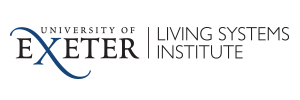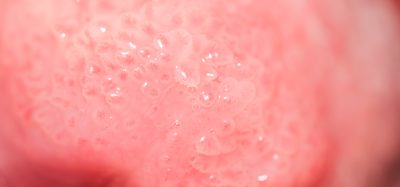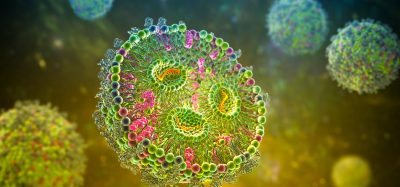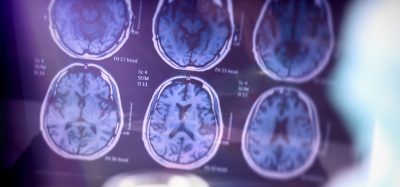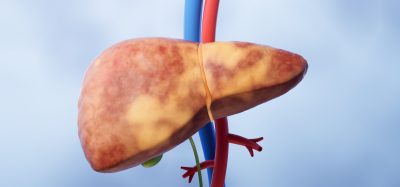New methods towards efficient and high-throughput drug-target screening
Speaker
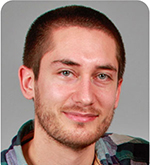

Dr Benjamin Housden is a multidisciplinary scientist with over 15 years of experience working in the areas of molecular biology, drug-target discovery and technology development. He performed his PhD under Professor Sarah Bray’s supervision at the University of Cambridge working on the Notch signalling pathway. He then went on to work for six years as a postdoctoral researcher at Harvard Medical School with Professor Norbert Perrimon. During this time, he developed new technologies for the generation of disease models and synthetic lethal screening.
Biomarkers aren’t just supporting drug discovery – they’re driving it
FREE market report
From smarter trials to faster insights, this report unpacks the science, strategy and real-world impact behind the next generation of precision therapies.
What you’ll unlock:
- How biomarkers are guiding dose selection and early efficacy decisions in complex trials
- Why multi-omics, liquid biopsy and digital tools are redefining the discovery process
- What makes lab data regulatory-ready and why alignment matters from day one
Explore how biomarkers are shaping early drug development
Access the full report – it’s free!
In 2017, Ben established his research group at the Living Systems Institute, University of Exeter, where he has developed multiple new technologies for high-throughput genetic screening. This includes methods to improve the transfer of candidate drug targets between model systems and to improve both the efficiency and data quality from genetic screens. Ben is now applying these new methods to identify optimal candidate drug targets to treat a range of tumorigenic and neurodegenerative disorders.
Related topics
Assays, Cell Cultures, Disease Research, Drug Discovery, Genomics, High-Throughput Screening (HTS), Lab Automation, Oncology, Personalised Medicine, Screening, Targets, Technology
Related organisations
Living Systems Institute, University of Exeter



